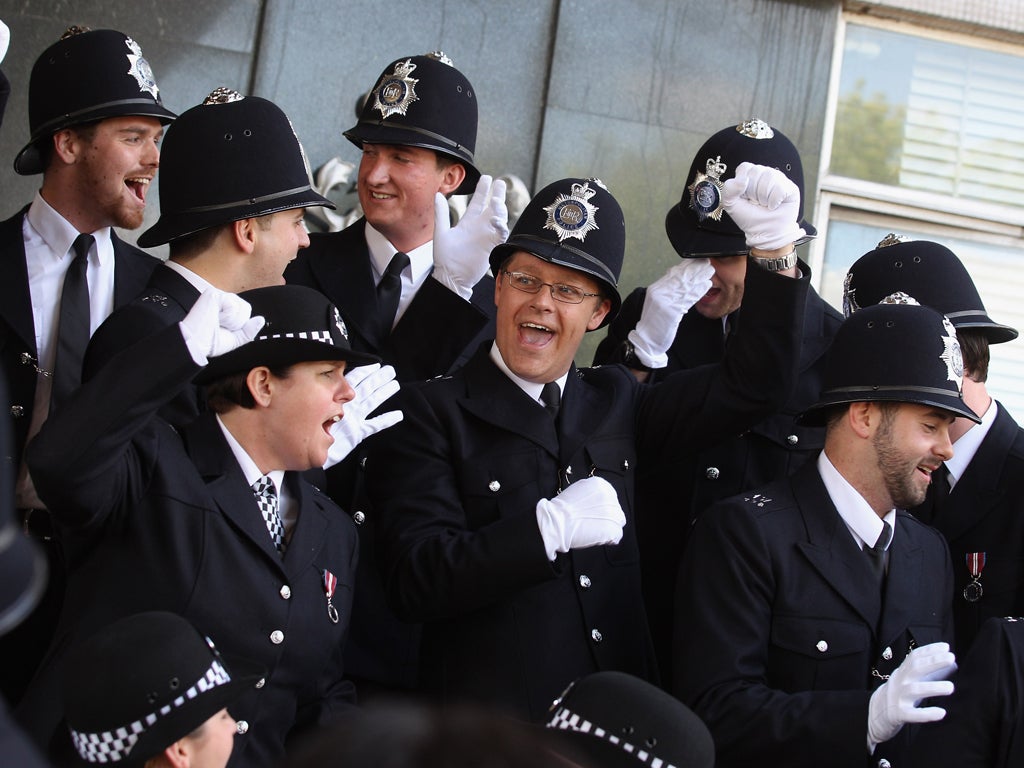Should the Met be allowed to accept private donations and sponsorship - or does that make an ass of the law?

What's going on?
This morning we published this news story from reporter Kevin Rawlinson:
"Britain's largest police force was handed private donations and sponsorship worth £22.7m over the last five years, it has emerged. The donations included football shirts given to the Metropolitan Police by Queens Park Rangers and Chelsea, as well as motorcycles and cars supplied by Land Rover, BMW and Nestlé.
The figures, obtained by the BBC following a Freedom of Information request, prompted claims that donors would expect preferential treatment from officers. But Scotland Yard insisted it had a "long history" of working with different partners to tackle crime. Supporters of the perfectly legal practice pointed out that some organisations which require extra policing, such as football clubs on matchdays, should pay for it."
There is no suggestion of the Metropolitan Police acting unlawfully.
But should they be allowed to accept private donations and sponsorship?
Case For: Quality Costs
In case you hadn't noticed, there's a recession on. The Government are pursuing a programme of public sector cuts which will impact every facet of our lives. Perhaps in times of great wealth we would have the luxury of picking and choosing who funds essential public services. Now is not that time. Some organisations and private companies have interests which naturally correlate with those of the public - card companies wanting to tackle fraud, for instance, of football stadiums needing extra security for matches - why shouldn't they contribute to the cost of this? A well-funded police force benefits everyone. Ill-defined principles and petty bureaucracy can't be allowed to stand in the way.
Case Against: Buying Influence
If we can't trust the police, who can we trust? With the City, Westminster and the media all battered by institutional scandal, we need a clean and corruption-free police force now more than ever. Clearly private actors who give money to the police only do so because they want to buy influence. Why else would they? In a just society, the law applies to all citizens equally; but this smacks of one rule for the rich, and another rule for the poor. It is also a first step toward the privatisation of the police.
Join our commenting forum
Join thought-provoking conversations, follow other Independent readers and see their replies
Comments
Bookmark popover
Removed from bookmarks